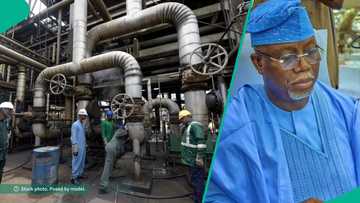FG Moves to Boost MSMEs With $500m World Bank Loan, DBN to Disburse to Millions of Nigerians
- The Nigerian government announced plans to strengthen small businesses with a new facility from the World Bank
- The loan, which might be disbursed to MSMEs at single-digit interest rate, would be via the Development Bank of Nigeria (DBN)
- The World Bank reportedly gave its nod for loan, but analysts were worried over Nigeria’s burgeoning debt profile
Pascal Oparada is a journalist with Legit.ng, covering technology, energy, stocks, investment, and the economy for over a decade.
In a bold move to strengthen Nigeria’s small business ecosystem, the federal government has secured a $500 million (N750 billion) loan from the World Bank to support micro, small, and medium enterprises (MSMEs) across the country.
The facility, according to project documents obtained from the World Bank, will be managed through the Development Bank of Nigeria (DBN) and its subsidiary, Impact Credit Guarantee Limited (ICGL).
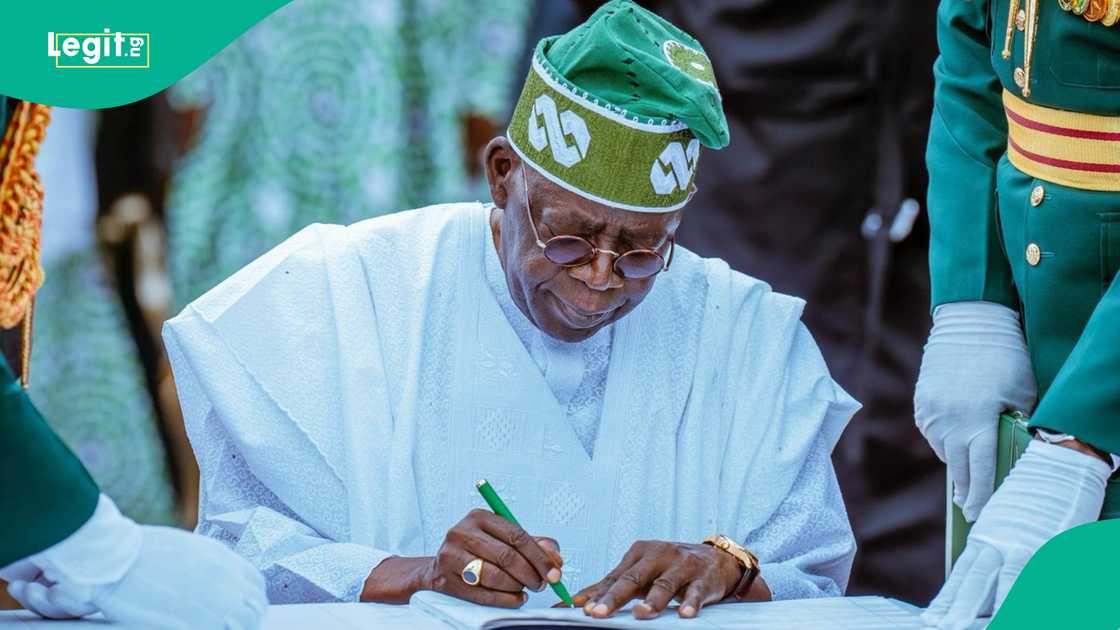
Source: Facebook
These institutions will drive the new initiative under a program tagged “FINCLUDE Project.”
World Bank backs Nigeria’s MSME growth drive
The World Bank said the FINCLUDE Project was designed to deliver “inclusive, innovative, and catalytic instruments” to help MSMEs access credit, scale operations, and become more competitive.
“Through these catalytic institutions, the project will deploy a package of complementary, inclusive, and innovative instruments tailored to the diverse needs of MSMEs in Nigeria,” the Bank stated.
Out of the project’s total estimated cost of $2.39 billion, the World Bank will provide $500 million, while two of its lending arms, the International Bank for Reconstruction and Development (IBRD) and the International Development Association (IDA), will contribute $400 million and $100 million, respectively.
The IDA focuses on providing concessional financing to low-income countries, while the IBRD offers near-market-rate loans to credit-worthy nations. Together, they aim to bolster Nigeria’s financial inclusion and enterprise development drive.
DBN leads fund disbursement with proven results
According to the Punch, the World Bank cited the Development Bank of Nigeria’s strong implementation capacity as a key reason for choosing it as the primary channel for fund disbursement.
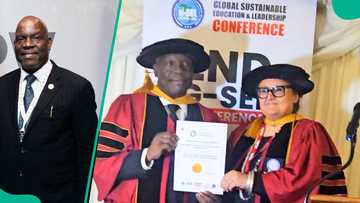
Read also
NUPRC Boss Gbenga Komolafe honoured at UK House of Lords for driving Nigeria’s energy reforms
“DBN is a partner well known to the World Bank with high implementation capacity and a proven track record in designing and executing complex, innovative projects,” the statement said.
Since its inception in 2015, DBN has disbursed over ₦1 trillion to MSMEs nationwide, directly benefiting thousands of small-scale entrepreneurs. Impressively, 62% of its interventions have supported women-owned enterprises, underscoring its commitment to gender inclusion and empowerment.
DBN empowers women through entrepreneurship training
At a recent empowerment event in Yola, Adamawa state, DBN Managing Director Tony Okpanachi reaffirmed the bank’s dedication to financial inclusion.
The program, themed Empowering Women Through Entrepreneurship for Economic Inclusion, trained over 200 women across Adamawa’s 21 local government areas.
It was organised in partnership with the Organisation for Environmental, Agricultural and Health Development (OEAHD) to help women transition from financial exclusion to active participation in the economy.
“This initiative is not just about access to credit,” Okpanachi said. “It’s about equipping Nigerian women with the knowledge and tools they need to succeed and contribute meaningfully to the economy.”
World Bank notes growth amid debt concerns
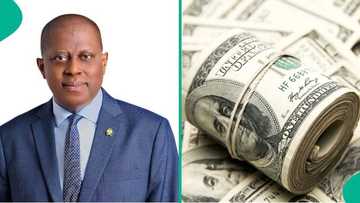
Read also
Eurobond: Massive boost for naira as experts predict Nigeria’s reserves to hit $45bn December
The World Bank’s report added that Nigeria’s macroeconomic outlook is gradually improving, with inflation moderating to 18% as of September 2025, and GDP growth projected at 3.9% in 2025.
The reforms implemented by the Tinubu administration, it said, have “improved fiscal space, enhanced FX liquidity, and boosted investor confidence.”
However, not everyone is optimistic. Analysts have raised concerns about Nigeria’s rising debt profile, which hit ₦152.4 trillion as of June 2025, according to the Debt Management Office (DMO).
Experts warn of increased debt burden
Financial analyst Osas Igho cautioned that while the initiative could stimulate small business growth, it also risks increasing Nigeria’s already heavy debt load.
“There’s nothing wrong with borrowing,” Igho told Legit.ng, “but Nigeria’s debt profile is huge compared to its revenue.
"Instead of more loans, the government and regulators like the Central Bank of Nigeria (CBN) and Securities and Exchange Commission (SEC) should pressure banks to increase MSME lending."
He added, “Right now, banks are parking funds with the CBN instead of lending to small businesses, the real drivers of the economy.”
FINCLUDE loan offers hope, sparks debate
The FINCLUDE Project, expected to receive final approval by December 18, 2025, could mark a turning point for Nigeria’s MSME sector if executed transparently and efficiently.
For millions of small business owners, this $500 million lifeline could mean expansion, new jobs, and renewed hope.
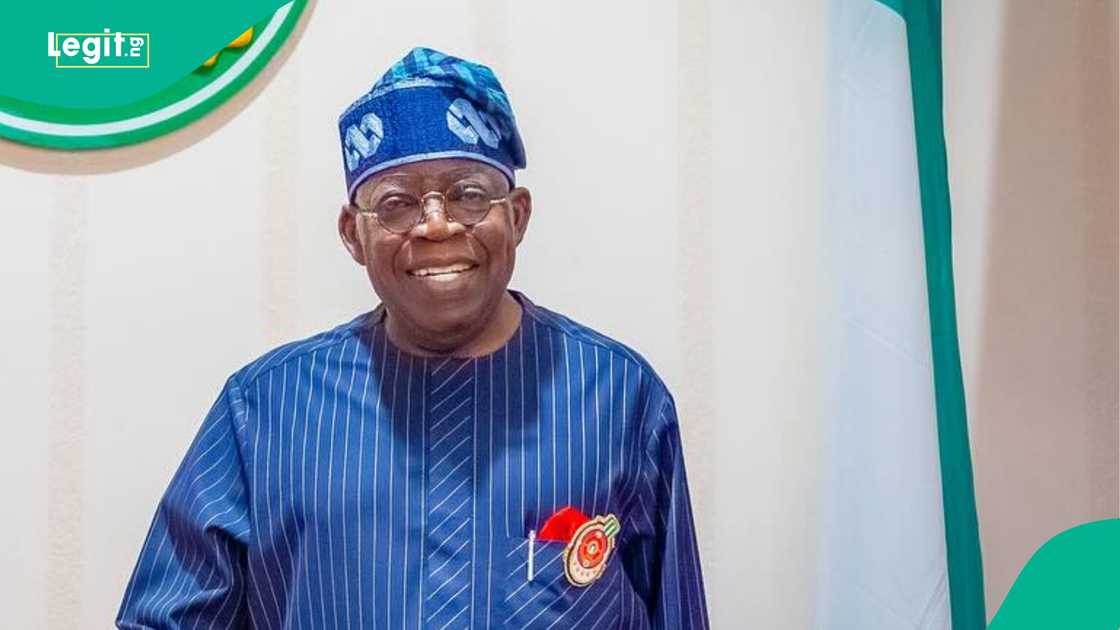
Source: Twitter
But for others, it raises an uncomfortable question, will this be the loan that transforms Nigeria’s MSME landscape, or just another addition to its mountain of debt?
Nigeria’s World Bank debt hits $18.2bn
Legit.ng earlier reported that Nigeria has maintained its position as the third-largest debtor to the World Bank’s International Development Association (IDA), with total obligations hitting $18.2bn as of June 30, 2025.
The figure marked a sharp rise from $16.5bn in June 2024, representing a $1.7bn or 10.3% increase in just one year.
This ranking, first attained in 2024, underscored Nigeria’s continued reliance on concessional loans despite the IDA’s generous repayment terms and long maturities. Only Bangladesh ($22.6bn) and Pakistan ($19.3bn) owe more to the lender.
Proofreading by Funmilayo Aremu, copy editor at Legit.ng.
Source: Legit.ng

